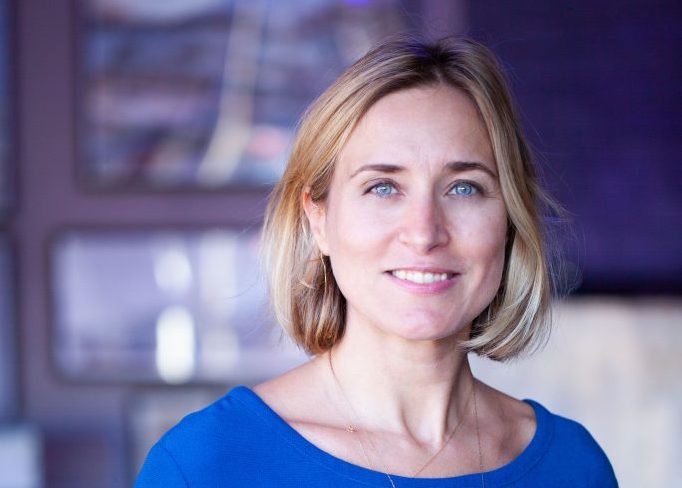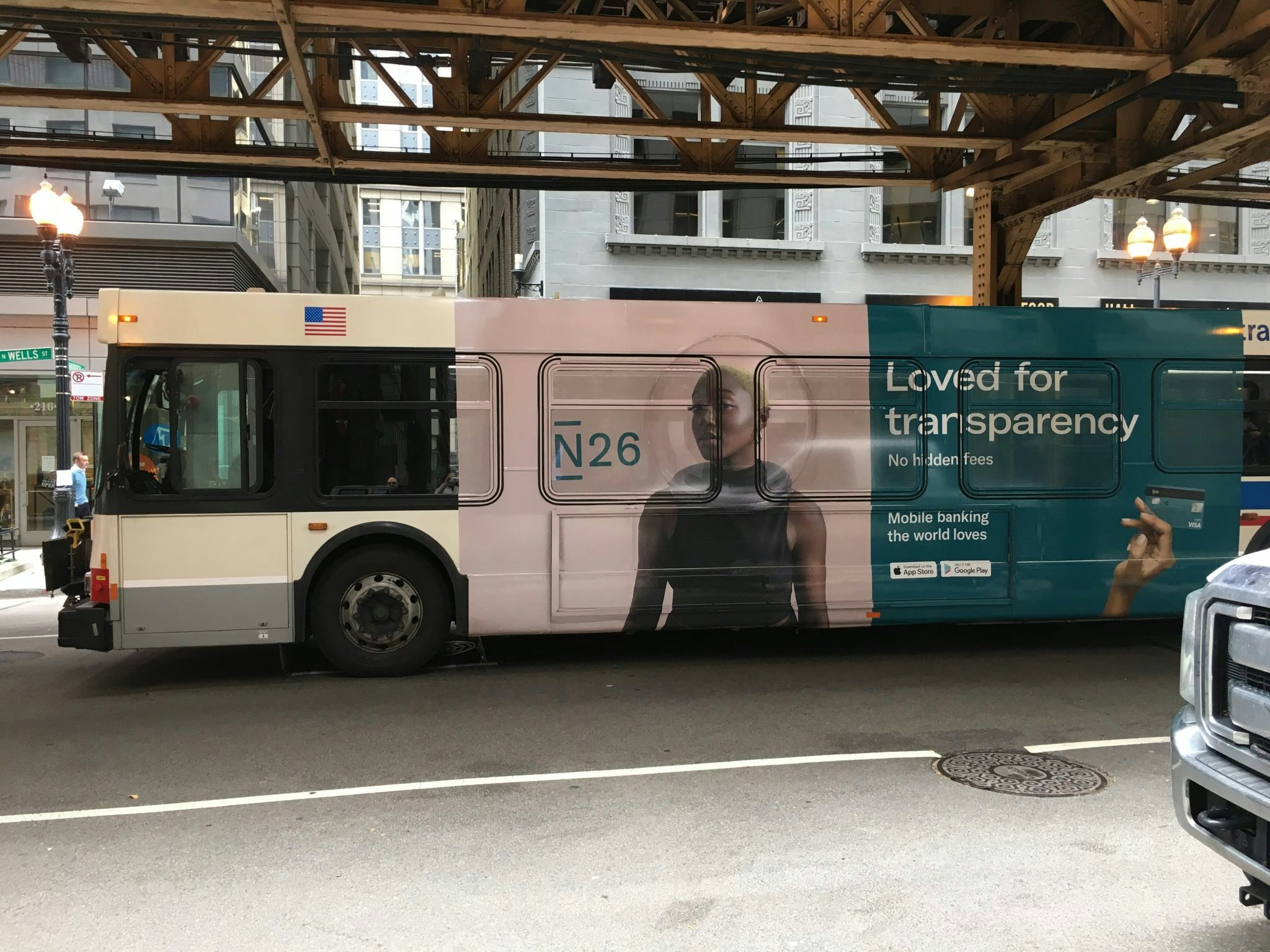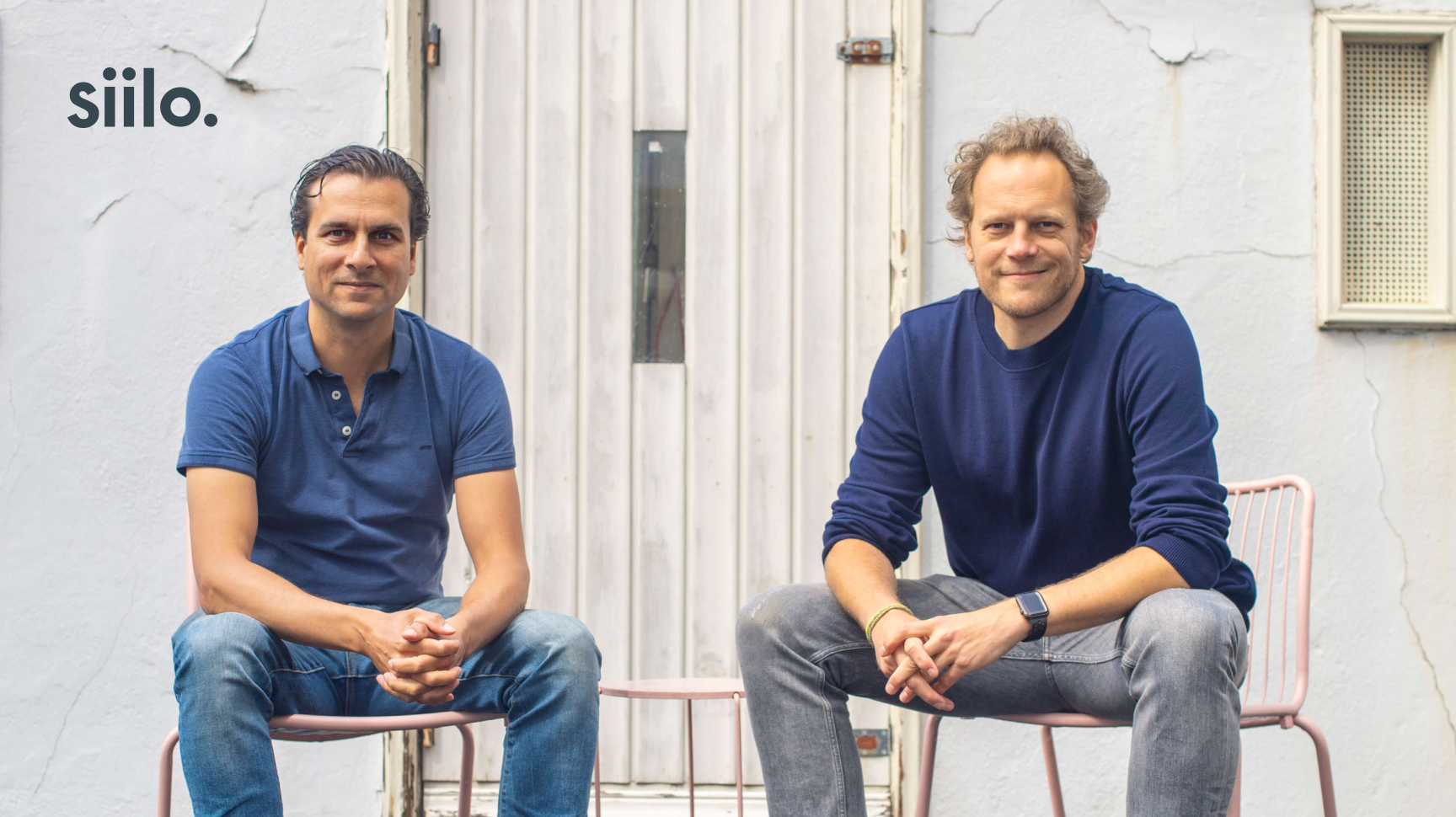America is not sleeping well this week. The average American lost 25 minutes of sleep on election night — making a collective 139m hours — and heart rates were also racing, up 1.4bpm.
The data comes from Finnish healthtech startup Oura Ring, which produces a ‘smart ring’ that tracks users’ sleep, temperature and heart rate — much like a Fitbit or Garmin but in a different form.
To pull the data on how America’s sleeping, Oura looked for patterns in an anonymized dataset from tens of thousands of users across the US.
The weekend before the election marked the end of daylight saving, meaning Americans were given an extra hour of sleep. On Oura’s scale, sleep is measured with a score out of 100. Through October, the average was 78, this then went up to 80 after daylight saving began before dropping significantly on election night.
The ring can offer insights into how key cultural moments affect a population’s mental health, Harpreet Rai Singh, the CEO of Oura says.
“When you understand your sleep, you understand your physical health, mental health, and your life,” he says. “Taking a step back and looking at population level data allows us to explore new insights around cultural moments, to make discoveries we may not have seen before.”
The findings are being shown on a screen in New York’s Times Square.
“Right now the country is going through such an emotional and stressful time,” said Greg Hahn, cofounder of Mischief @ No Fixed Address, which partnered with Oura to bring the data to screens in the city.
“No matter what side of the aisle people are on, we’re all sharing this anxiety. This is a moment to remember that we’re all human, and stress takes a toll on all of us.”
Oura, founded in 2013, has risen in fame due to celebrities like Britain’s Prince Harry and Twitter’s Jack Dorsey wearing the ring to track their sleep.
In June, US hotel company Las Vegas Sands bought 1,000 of the rings for employees, following studies that said the ring could potentially predict symptoms of coronavirus.
The company has also partnered with Natural Cycles, the fertility tracking app, which uses the ring to track temperature, determining when someone is fertile based on the data.
Oura’s now sold 250,000 rings and, in March this year, it raised a $28m Series B round, bringing its total funding to $47m. Oura has 150 employees, most of them based in Europe, and the team doubled in size in the last year.


